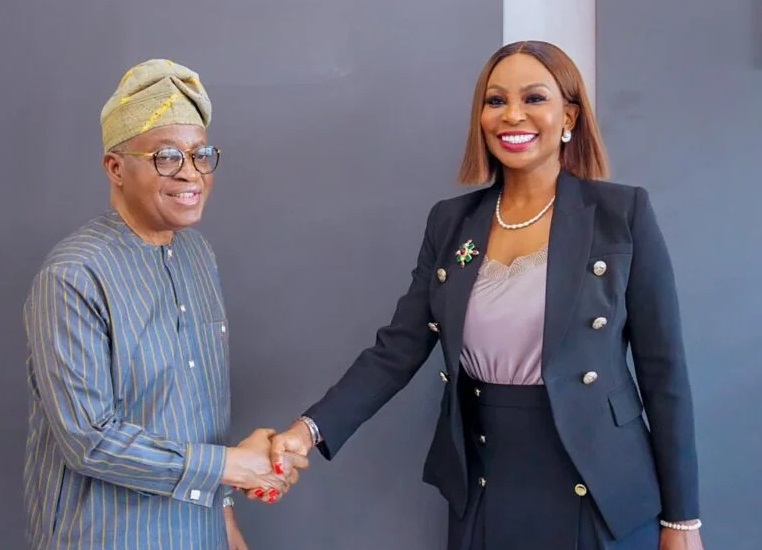Nigeria’s Minister of Marine and Blue Economy, Dr Adegboyega Oyetola, has emphasized the South-South region’s pivotal role in the country’s marine and blue economy ambitions. The minister made this statement while receiving a delegation from the South-South Development Commission, led by Managing Director Usoro Akpabio. Dr Oyetola highlighted the region’s strategic importance due to its extensive coastline, key ports, and abundant aquatic resources, which are crucial to Nigeria’s maritime future.
The Federal Government, according to Dr Oyetola, remains committed to enhancing maritime infrastructure in the South-South region to support national economic growth. As part of this effort, ports in Warri, Rivers, and Calabar are slated for modernization under the Federal Government’s port upgrade initiative. This includes dredging the ports to a minimum depth of 16 meters to attract larger vessels and improve competitiveness in the Gulf of Guinea. Deeper channels are expected to draw bigger ships, reduce cargo handling costs, increase trade, and strengthen revenue for the country.
Furthermore, the ministry is collaborating with states to establish new deep seaports in Bayelsa, Akwa Ibom, Cross River, and Rivers. These projects aim to position Nigeria as a regional maritime hub, boosting logistics, industry, and employment. The minister also underscored the region’s significance not only for shipping but also for marine tourism growth, urging states to leverage opportunities from the Lagos–Calabar Coastal Highway to expand coastal tourism and spur prosperity.
Dr Oyetola pointed to the Maritime Academy in Oron and the Maritime University in Okerenkoko as evidence of the region’s importance, noting that both institutions are developing skilled manpower for the country’s growing maritime industry. He reaffirmed the government’s efforts to close Nigeria’s fish production gap and reduce foreign exchange spent on fish imports, highlighting the South-South region’s rich fishing grounds as key to driving self-sufficiency and advancing aquaculture.
The minister called on Nigerians to support President Bola Tinubu’s administration, citing its clear plan for the marine and blue economy sector as outlined in the National Policy on Marine and Blue Economy. This policy provides a framework for sustainable resource use, investment, and job creation. Earlier, Ms Akpabio praised the Minister’s leadership and commitment to reforming the maritime sector, expressing the Commission’s readiness to partner with the Ministry on blue economy projects across the region. She proposed establishing a joint working committee to coordinate programs and strengthen collaboration, emphasizing that developing the sector would deepen regional integration, drive growth, and improve livelihoods.
